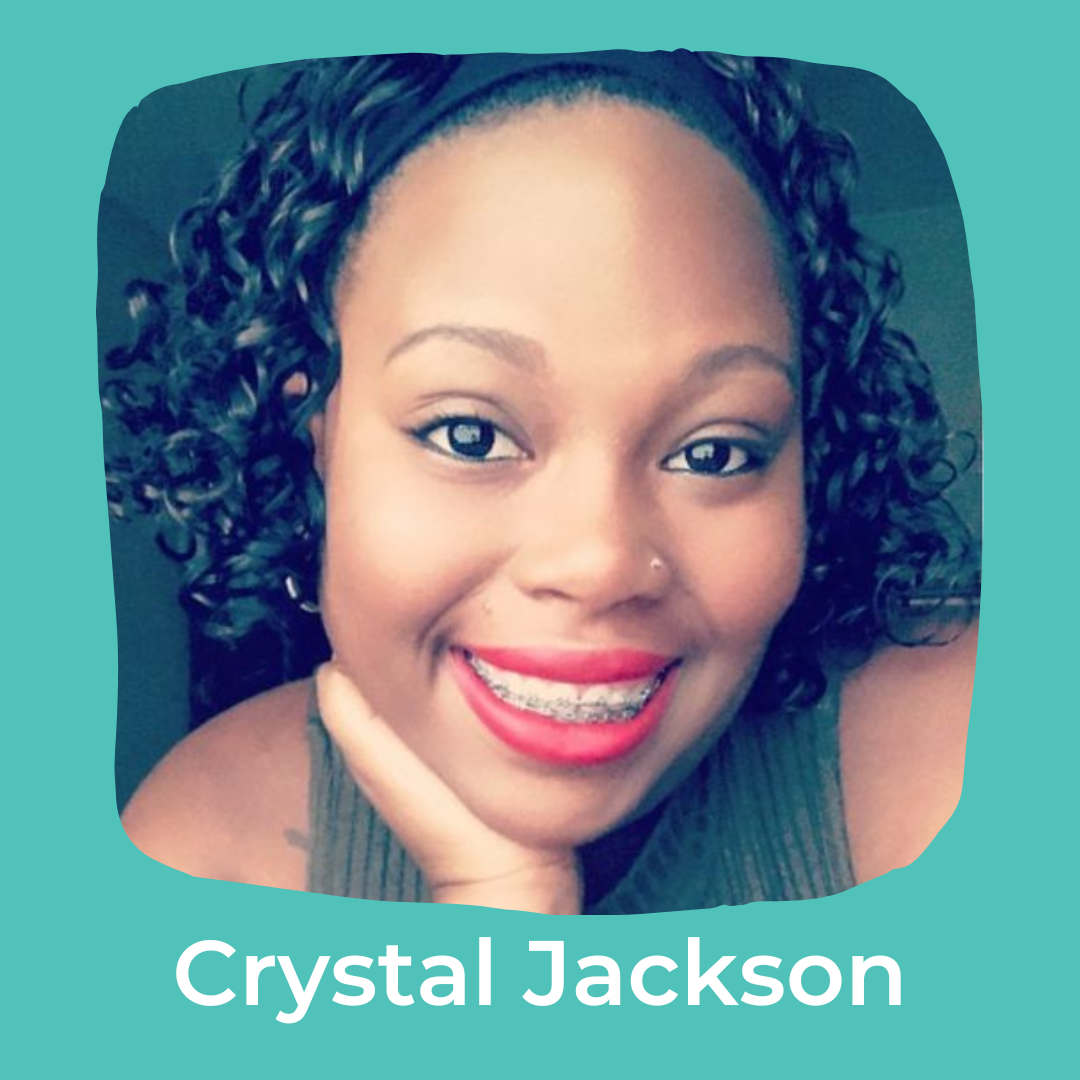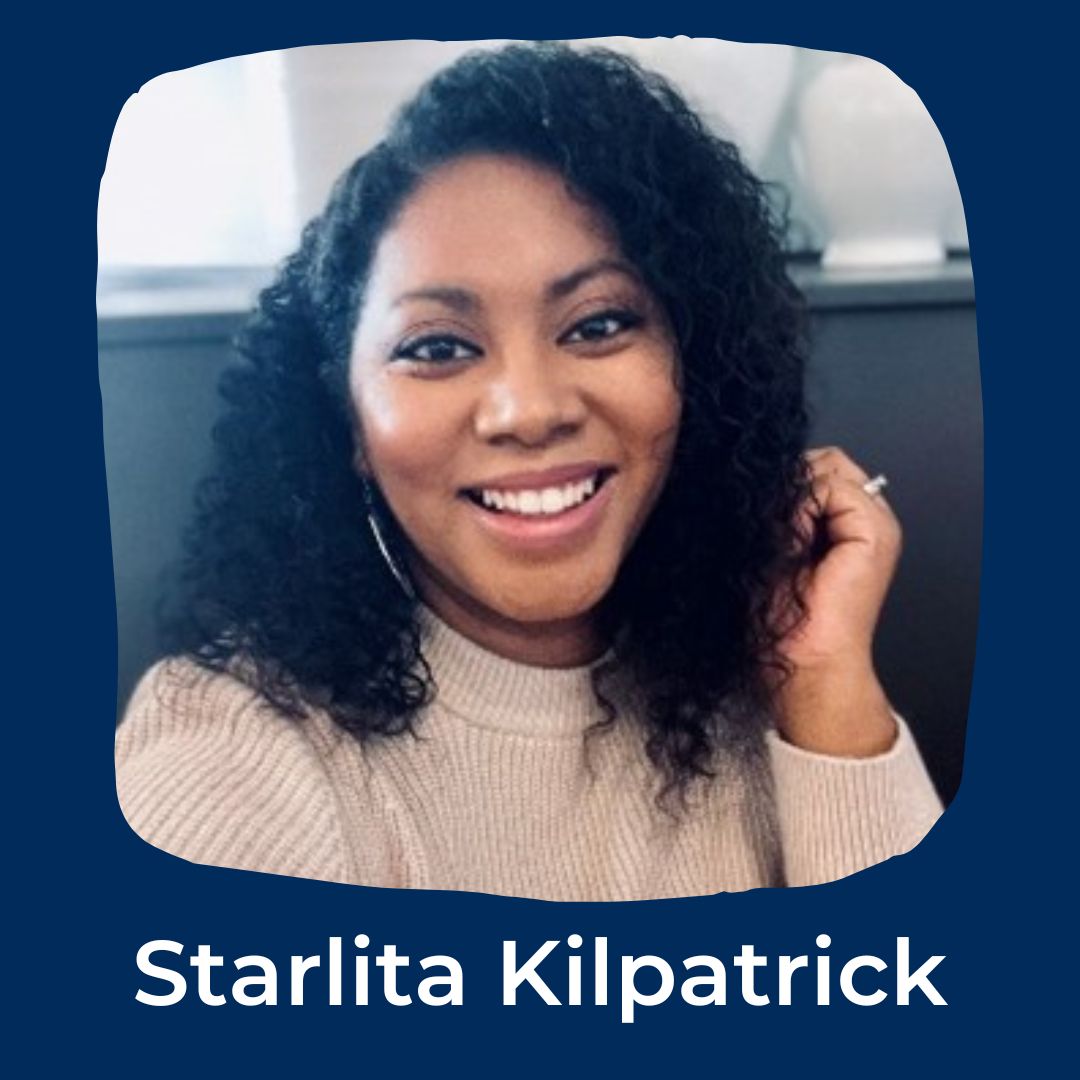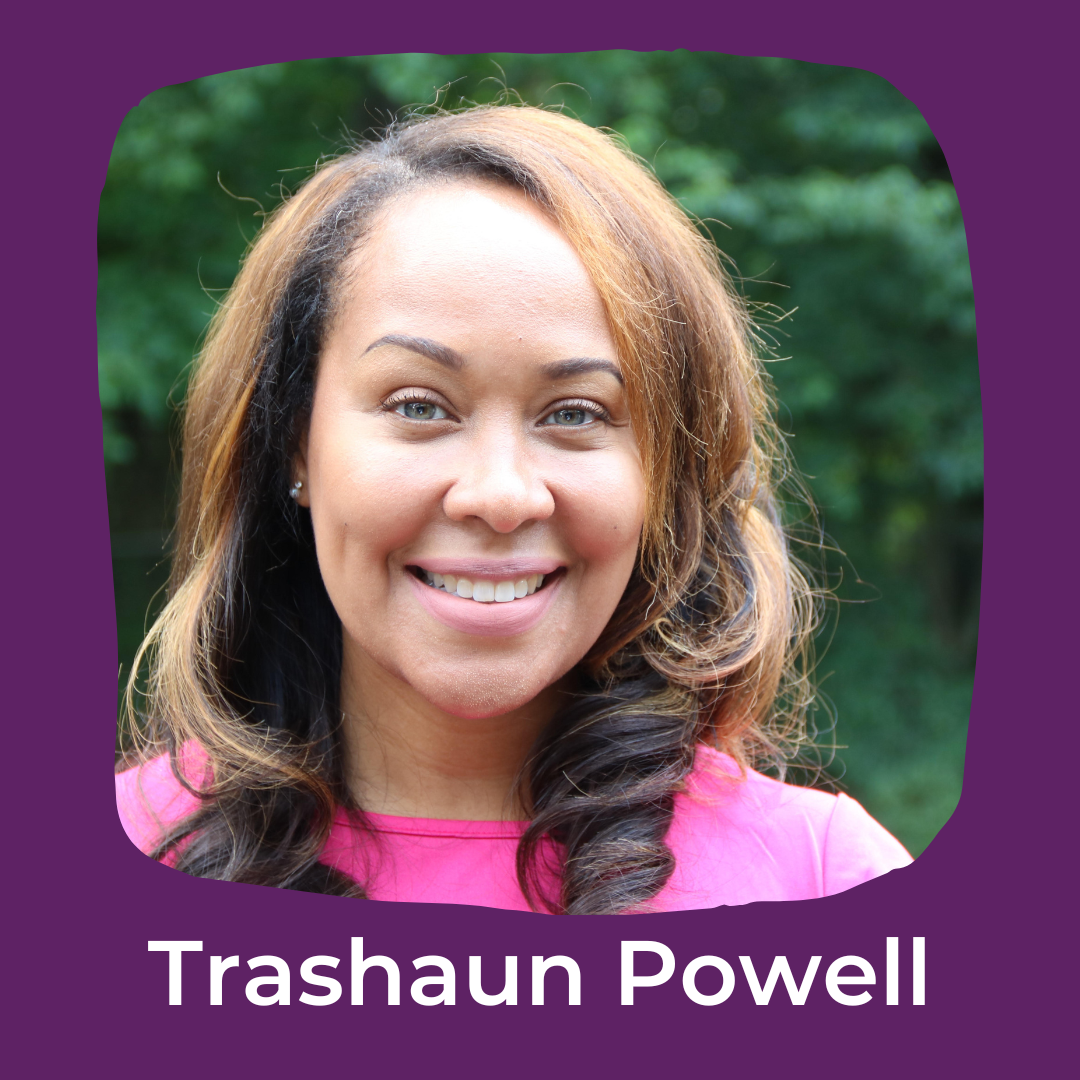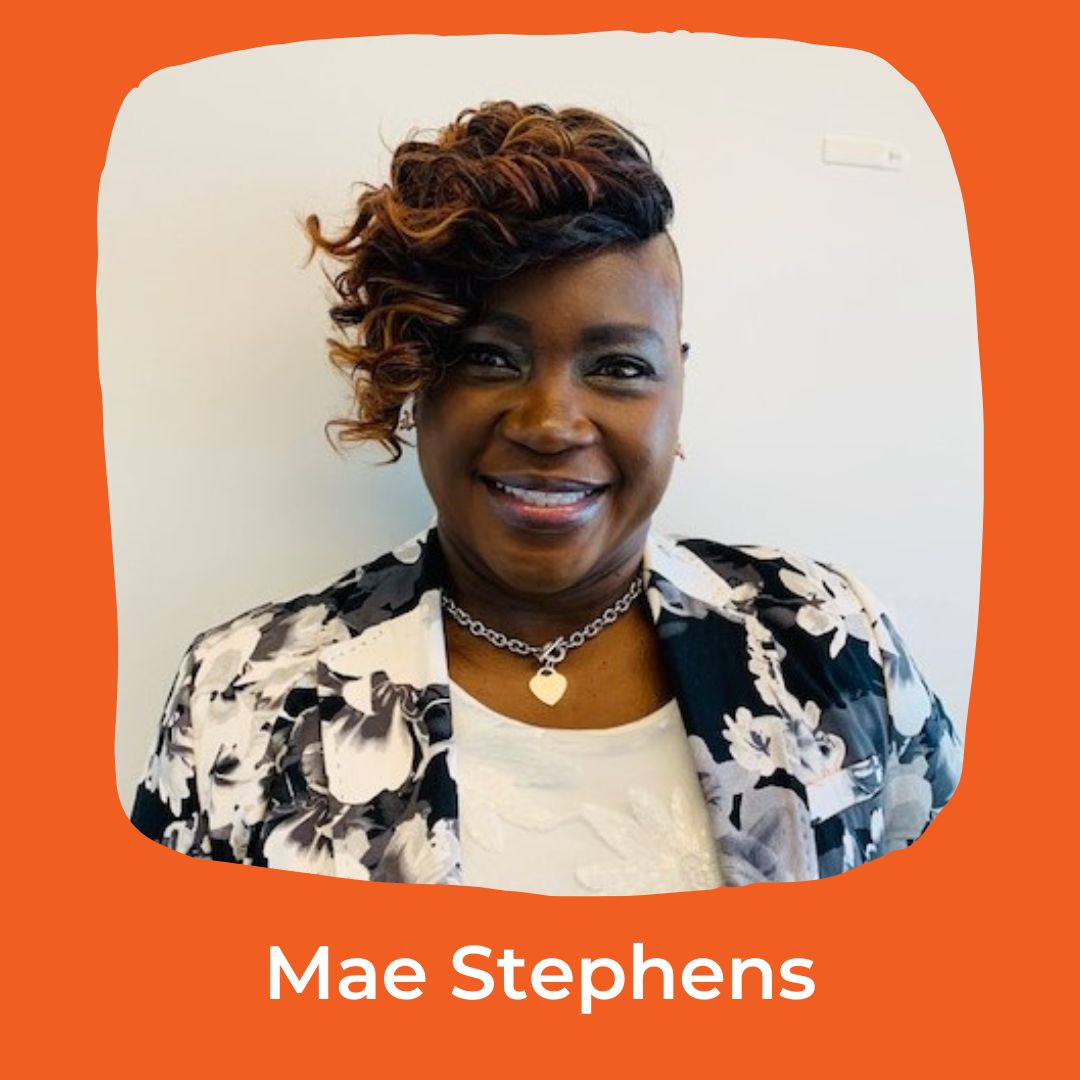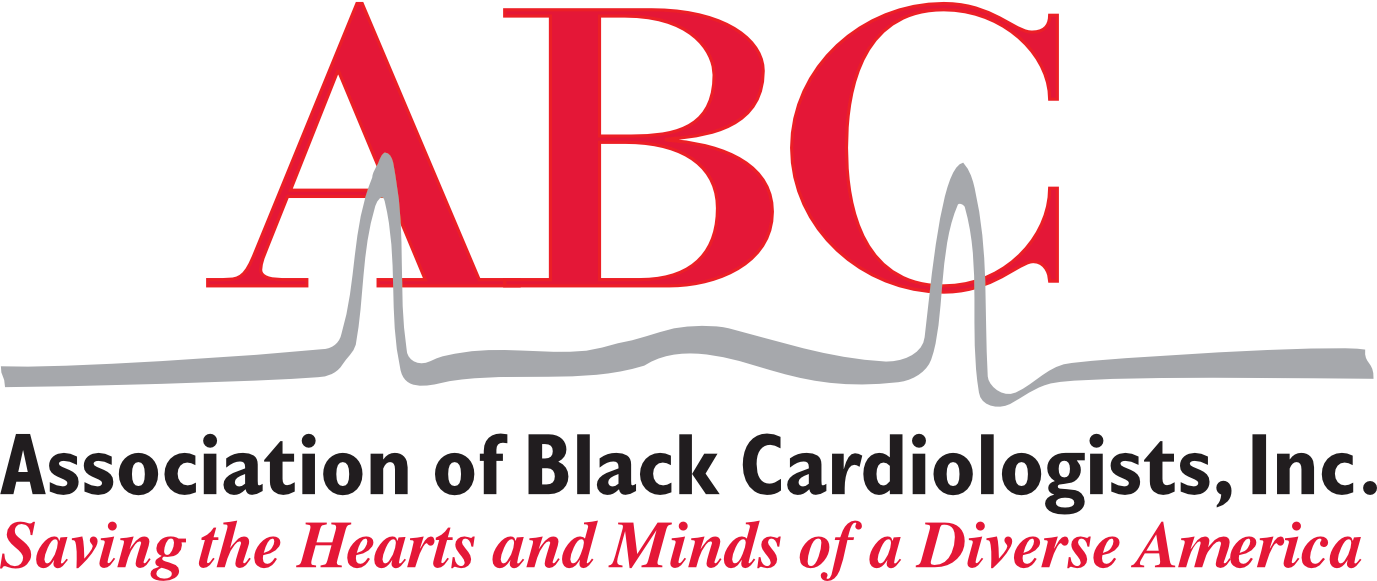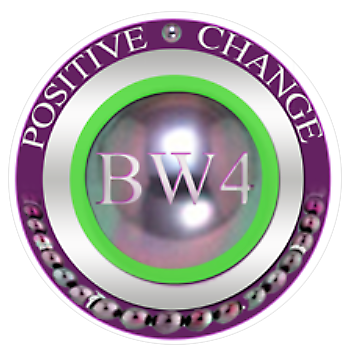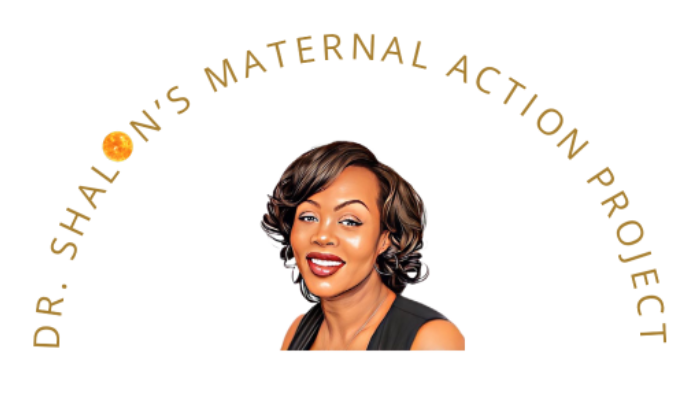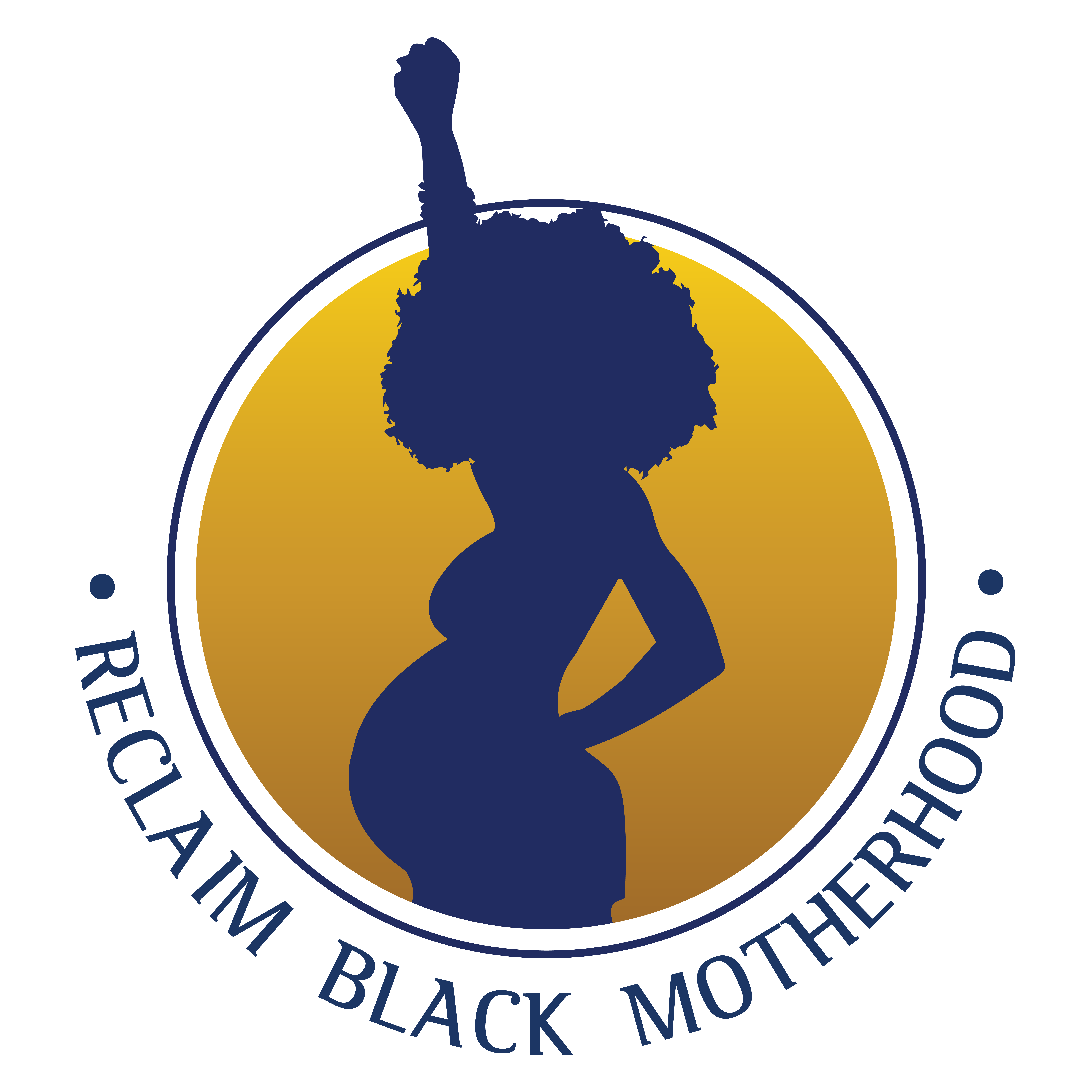
Take 10 Minutes and Join Preeclampsia Research
JOIN RESEARCHLast Updated on May 12, 2025
“There is no greater agony than bearing an untold story inside you.” -Maya Angelou
Your story is needed to improve outcomes for moms like you. Add your voice to critical preeclampsia research to ensure that every story is heard.
Follow Us on Social Media
You’ve probably heard the statistics: Black women are more likely to die in childbirth.[1] Black women are more likely to have poorer birth outcomes.[2] Black women are at greater risk for preeclampsia.[3]
Change starts now by purposefully including and elevating the perspectives of Black moms in preeclampsia research. Your story could change hers.
Take 10 minutes to complete the intake survey of the Preeclampsia Registry and add your pregnancy experience to preeclampsia research efforts. Whether you have had preeclampsia, had a loved one who experienced it, or just want to contribute your pregnancy history to improve outcomes, everyone has a role they can play to improve research by, for, and about Black and Brown moms. The vast majority of people who participate in clinical trials are white, so there simply is not enough research about how preeclampsia affects Black and Brown women, or the different way in which we experience maternal healthcare. We deserve better. The Take Ten campaign is a call-to-action to our resilient community of Black women.
Ten minutes of your time ensures that communities of color are better represented, informed, and equipped to save the lives of future Black and Brown mothers. These are our daughters, our nieces, our granddaughters, our sisters, our friends – and they deserve better pregnancy outcomes through research that supports and represents their distinct experiences.
The Preeclampsia Registry is committed to keeping your data safe, secure, and confidential. Learn more in our FAQs section. The Take 10 for Preeclampsia Registry campaign has been designed by a focus group of Black preeclampsia advocates who are committed to ensuring this work is done by, for, and about the Black women in our community.
Join Us At the Gathering Table
 As Black women, we gather around the kitchen or dinner table to share all kinds of life experiences... but how often do we talk about what happened during and after our pregnancies?
As Black women, we gather around the kitchen or dinner table to share all kinds of life experiences... but how often do we talk about what happened during and after our pregnancies?
At the Preeclampsia Foundation Gathering Table events, real women of all ages and backgrounds come together to share their pregnancy and childbirth stories, with no cost to them. It is an opportunity for women to celebrate themselves while also being empowered to share their personal experiences in a safe, understanding space. Grandmothers, mothers, daughters, sisters, aunts, cousins, and friends can relay their unique experiences. The events are hosted by Black preeclampsia survivors and advocates who want to go beyond re-stating dire statistics to honor and celebrate how Black women can work together to shift the narratives around maternal health disparities. They are a healing space for all who have experienced setbacks during and after pregnancy.
We will be hosting Gathering Tables in the following locations in the near future:
- Dallas, Texas
If you'd like more information on how to host a Gathering Table of your own or join one of our events, please contact our team!
For Us, By Us, About Us - Meet Our Take 10 Ambassadors
We are thrilled to be advised by wonderful patient, family, and healthcare provider advocates for this campaign. Big thanks to our wonderful Take 10 Patient Ambassadors and our Patient Focus Group members. Click the images to read their stories.
Interested in becoming a Take 10 Ambassador? Learn more here.
Thank you to our Partners
This work could not be done without the fantastic organizations led by and focused on Black voices. We’re grateful to walk beside you in this work. Want to join this partnership? Contact us!
About The Registry
The Preeclampsia Registry is a place where women that experienced a hypertensive disorder of pregnancy, like preeclampsia, can participate in several research studies. Since its launch in 2013, the registry has made 16 different research studies possible with many new studies added each year. (Learn more in our "About the Preeclampsia Registry" page.)
Here is what you can expect from joining:
- Create a log-in for your registry account here.
- Read and approve the registry consent form. Participation is free and voluntary. You can withdraw from the Registry at any time. This is an important step for you to understand your rights as a participant. Email registry@preeclampsia.org with any questions you have!
- Take 10 minutes to answer the “Quick Overview” questions about your preeclampsia experience. The entire enrollment survey can take up to an hour to complete. You don’t have to finish it all at once.
- Consider participating in the optional DNA Biobank. You have the option to provide a saliva or blood sample for ongoing and future DNA genetic studies. This is not required for you to participate in the registry. If you’re invited to provide a sample, you will be asked to review and agree to an additional consent form.
The Registry is a “living database” where new ideas are generated and updates from you are valuable to research. We will contact you by email periodically for the following:
- Take 5 minutes once a year to provide a health update for you and your children.
- Answer new questions when researchers have new ideas to explore.
- Consider enrolling in additional studies. (You can decide if you want us to contact you about other preeclampsia studies.)
- Upload or give permission for us to request your medical records. This may help us to validate and verify the information you entered in the registry. You will also have access to any records we collect.
The people who volunteer for research studies are vital in preventing, detecting, and treating diseases like preeclampsia. A diverse research participation group ensures everyone is included in life-saving research!
Who will have access to my information?
Your personal information such as your name, address, or other information that identifies you or your family will be labeled with a code number, encrypted, stored in a secure place, and protected with a password. Your identifiable information will not be shared with anyone outside the Registry staff. We call this information “de-identified” because all personal identifiers have been removed. (Learn more at our "Preeclampsia Registry Privacy Policies" page.)
All researchers seeking to use information from the Preeclampsia Registry, are required to undergo an application, review, approval, and data use agreement process. Researchers will only receive “de-identified” information.
Other information (such as hard copies of records) will be stored in locked files in accordance to the standards established by the HIPAA Privacy Act. To review the entire HIPAA Privacy Act, and for additional information, see the Office for Civil Rights website: http://www.hhs.gov/ocr/hipaa.
Who is paying for the Registry?
The Preeclampsia Registry is a research program operated and paid for by the Preeclampsia Foundation. There is no cost to you to participate. As a 501(c)(3) non-profit organization, the foundation's mission is made possible through individual and corporate donations.
[1] Petersen EE, Davis NL, Goodman D, et al. Racial/Ethnic Disparities in Pregnancy-Related Deaths — United States, 2007–2016. MMWR Morb Mortal Wkly Rep 2019;68:762–765. DOI: http://dx.doi.org/10.15585/mmwr.mm6835a3external icon.
[2] American College of Obstetricians and Gynecologists and the Society for Maternal–Fetal Medicine, Kilpatrick SK, Ecker JL. Severe maternal morbidity: screening and review external icon. Am J Obstet Gynecol. external icon2016;215(3):B17–B22.
[3] Healthcare Cost and Utilization Project (HCUP); Agency for Healthcare Research and Quality (AHRQ), “Delivery Hospitalizations Involving Preeclampsia and Eclampsia, 2005-2014,” April 2017.
Boakye E, Kwapong YA, Obisesan O, et al. Nativity-Related Disparities in Preeclampsia and Cardiovascular Disease Risk Among a Racially Diverse Cohort of US Women. JAMA Netw Open. 2021;4(12):e2139564. doi:10.1001/jamanetworkopen.2021.39564
Related Articles

Frequently asked questions about the Preeclampsia Registry, a patient-driven registry and biobank.

The Preeclampsia Foundation offers research funding, study recruitment, and other patient engagement services to researchers.

We provide research grant funding to advance progress towards detection, prevention, or treatment of preeclampsia, HELLP syndrome, and other hypertensive disorders of pregnancy.

The Preeclampsia Foundation is seeking Letters of Intent for the Peter Joseph Pappas Research Grants funding program, designed to accelerate preeclampsia research. The ultimate goal of this grant prog...

A new research study suggests that blood pressure changes during the first 20 weeks of pregnancy—called blood pressure trajectories—may give providers a peek at a woman’s risk of dev...

Preeclampsia is a major cause of maternal and fetal morbidity and mortality. Prompt and accurate diagnosis is necessary to prevent adverse outcomes. A study was completed to determine the accura...

Predicting preeclampsia has proven to be a challenge. Researchers have documented many differences in early pregnancy between those who eventually develop preeclampsia and those who do not. These incl...

The U.S. Preventive Services Task Force (USPSTF) and American College of Obstetricians and Gynecologists (ACOG) guidelines changed in 2021 to help prevent preeclampsia. Low-dose aspirin has been shown...





